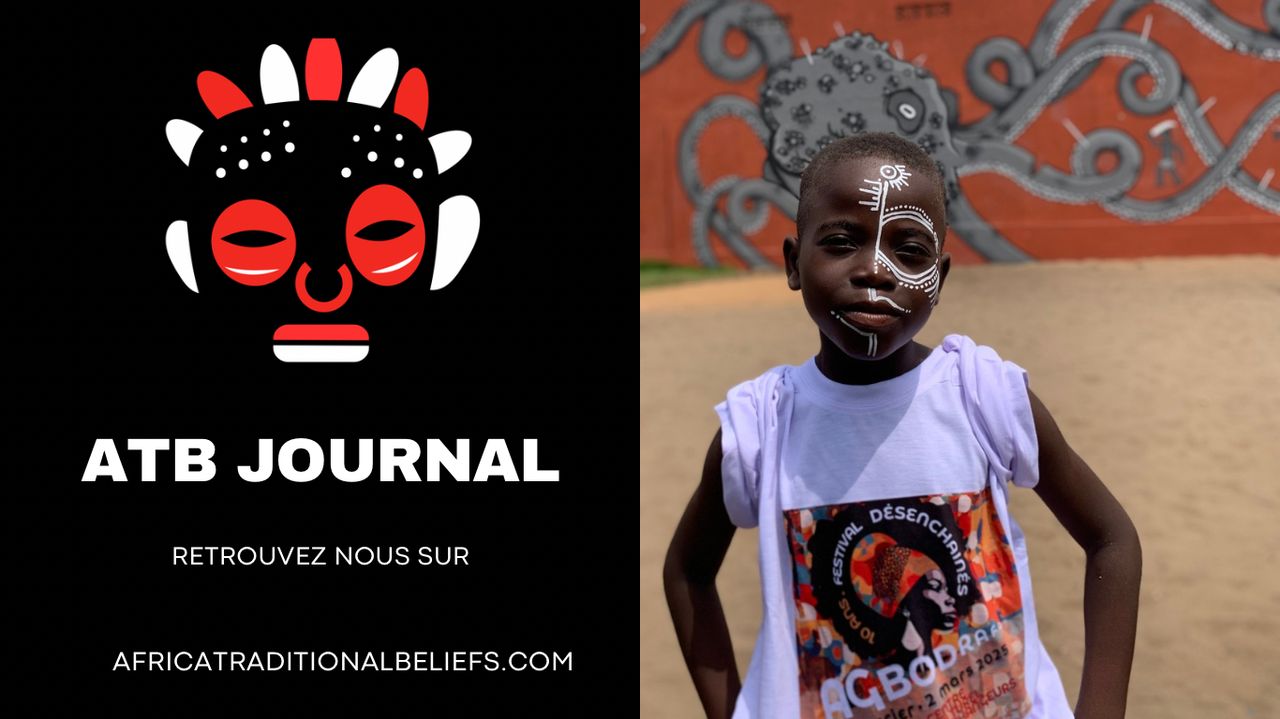
by Antonio Napoli
It was pouring rain. Shut inside, we were talking about the honorable sentiment of friendship. An old man spoke up, a man whose face was full of wrinkles, like pockets where all his memories were hidden. He solemnly told us: “Only in cities can one lose friends.”
“What do you mean?” one of us asked. And the old man told this memory from his youth.
“When one spends an entire lifetime in a small village, as happened to my grandmother, one thinks that the rain falling on one’s house is falling on the whole world. She would often cry out, ‘The Great Flood!’ and call us inside from the alleys, which turned muddy and impassable within moments.
The smell of wet earth is one of the most vivid scents of my childhood. Watching the needles of rain piercing the ground, the lifeless drops on the windowpanes—just as the Poet calls them—and hearing that relentless drumming on the deserted streets, melancholy would seize my soul and create its twin in every object. In those moments, everything became indistinct. And the soul vibrated with the landscape, steeped in a mysterious, inexpressible sense of fullness.
I shared this love for the rain with Hamid, who came from an arid, desert land. After the war, in my town, scarred by Allied bombings, reconstruction had been makeshift at best. Many houses, long abandoned, were once again inhabited, rented out to foreigners at very low prices. But most of these foreigners left within a year, making the town even quieter than before. Their figures would cross our paths without a greeting, yet their incomprehensible voices felt familiar, because in the quiet evening air, the walls of the houses seemed like thin sheets of paper—separating us, yet at the same time uniting us in a shared silence.
The boy from one of these families became my friend. I was fifteen at the time. I couldn’t say exactly how Hamid became my second-best friend. I only remember that one day we exchanged a glance, and the next day, or the one after that, I nodded my head or raised a hand—without receiving a response. One evening, he whistled, and I turned around. Another time, he stopped as if waiting for me, and we walked together, always at a distance, until we reached our neighboring houses, parting ways without a word.
In summer, he would walk alone along the streets for hours, and it seemed to me that from time to time, he would glance at my open window. One Sunday afternoon, when the ball rolled to his feet, he kicked it toward me, and I motioned for him to join our game. The ball became like fire under his feet. He scored again and again, astonishing the goalkeeper and the opponents alike.
Until then, I had never truly observed his face. It struck me as curious, like the map of an island, and just as memorable. His eyes were bright and sincere, his forehead high and broad, his mouth slightly open, as if holding back an unspoken word, his hands small and harmless. He spoke our language decently, but his ‘r’ sounded like the hum of an engine. This made him all the more endearing in my eyes.
The first time I defended him from the boys in the neighboring districts—who turned traditional games into sad and violent amusements—Hamid taught me the word ‘thank you’ in his language. And I felt proud of that pure and precious word: a secret between us.
At that age, I pretended to explore the world through the pages of a geography book, a subject I had previously despised. In my exalted imagination, the streets of my town stretched across all continents. But Hamid had truly traveled, visiting the world with the same ease as someone searching through their pockets.
*”And have you crossed the desert too?” I asked, with genuine admiration.
He tilted his face, darkened by a sun I could only imagine.
*”But how can one live in such places?” I said.
“One doesn’t live better in cities,” he replied.
Hamid and I shared another passion besides walking in the rain: catching insects and keeping them trapped in glass jars. When we placed different species in the same container, our pleasure came from observing their behavior. If they did not show hostility, neither did they form friendships: each fought, stubbornly, alone, against the invincible transparency of the glass. Our parents, and the adults of the neighborhood, behaved the same way: prisoners of that great glass jar, they ignored one another. Only Hamid and I were truly friends, truly free. We never tired of each other; what we did together was enough.
For my birthday, I asked my father to buy me the collection of embalmed insects I had seen in a shop window. He granted my wish. I wanted to share my joy and my gift with Hamid, but he didn’t show up for several days. I found out he had spent that time with a cousin who had come from his homeland and had now left. For a while, our voices merely brushed past each other, and our missed meetings were justified by the relentless autumn rain, which, for the first time, caught us apart.
I felt a strange wound of jealousy inside me, but just when I stopped feeling offended, the irreparable happened: Hamid’s family left suddenly, in the night. Nostalgia and resentment melted away in my long weeping. A month later, an unexpected postcard arrived: Hamid wrote to me, weeping as I did over our separation, begging me to send him letters. I was happy, but deep down, I still reproached him.
I tried to write, but while I was thinking of the perfect letter, of all the things I had to say to him, time passed. School resumed, and I reentered the glass jar of the neighborhood. I was becoming, sadly, an adult.
To this day, I feel a terrible remorse for that silence. I would never have lost a friend in the desert: in my own town, this painful misfortune happened.”
One thought on “FRIENDSHIP”
Comments are closed.
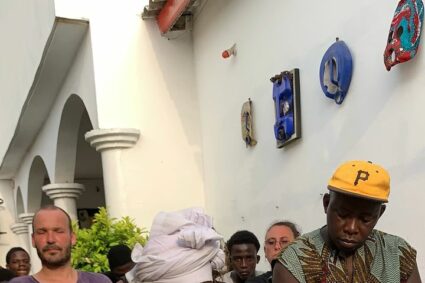

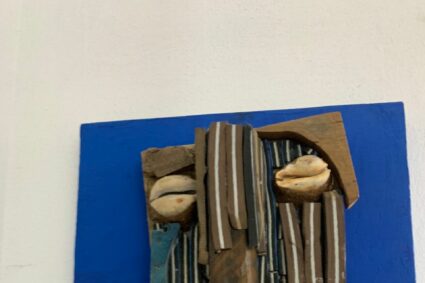
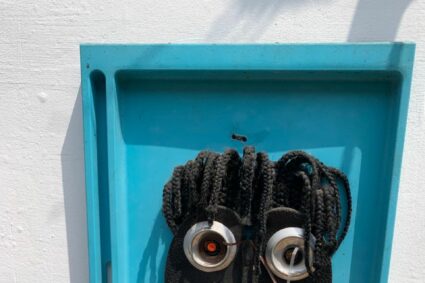

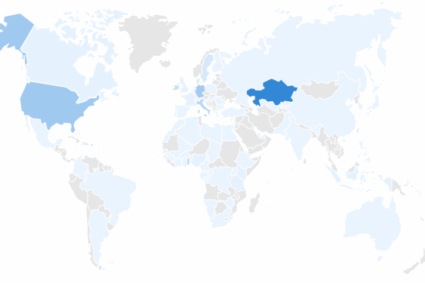
A very good story.
True friendship does not require words, but it requires actions.